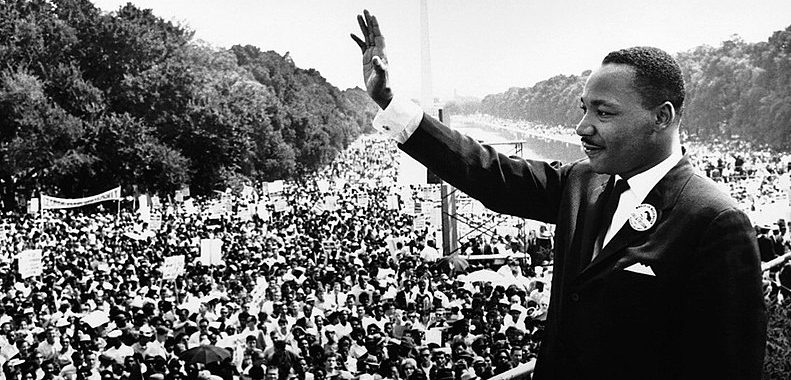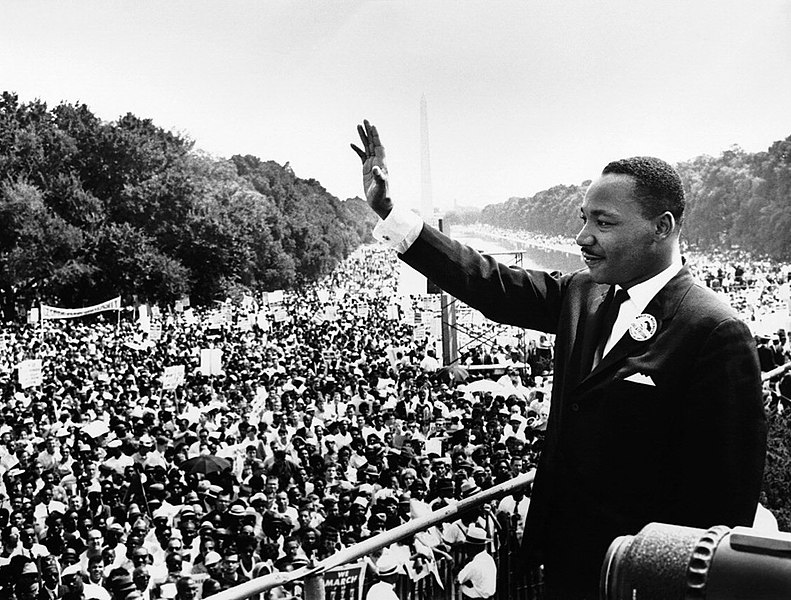Lower Your Flags to Half Mast On Sunday

Sunday, January 22, marks Arkansas’ second annual Day of Tears.
In 2021 the state legislature passed H.C.R. 1007 acknowledging January 22 — the anniversary of the U.S. Supreme Court’s Roe v. Wade abortion decision — as the Day of Tears in Arkansas.
The resolution encourages all Arkansans to lower their flags to half-staff to mourn the millions of lives lost to abortion.
WHEREAS, on January 22, 1973, the majority of the members of the United States Supreme Court ruled that abortion was a right secured by the United States Constitution; and
WHEREAS, over sixty-one million (61,000,000) unborn children have perished since that fateful day,
NOW THEREFORE, BE IT RESOLVED BY THE HOUSE OF REPRESENTATIVES OF THE NINETY-THIRD GENERAL ASSEMBLY OF THE STATE OF ARKANSAS, THE SENATE CONCURRING THEREIN:
THAT the House of Representatives of the Ninety-Third General Assembly, the Senate concurring, recognize January 22, in perpetuity, as the “Day of Tears” in Arkansas and that the citizens of Arkansas are encouraged to lower their flags to half-staff to mourn the innocent unborn children who have lost their lives to abortion.
The U.S. Supreme Court has reversed Roe v. Wade and Arkansas’ laws prohibit abortion except to save the life of the mother, but it’s still important to remember the innocent lives that abortion claimed for nearly 50 years.
The Day of Tears is a simple way to mark the anniversary of Roe v. Wade in Arkansas and acknowledge the destruction that abortion has caused in our country.




